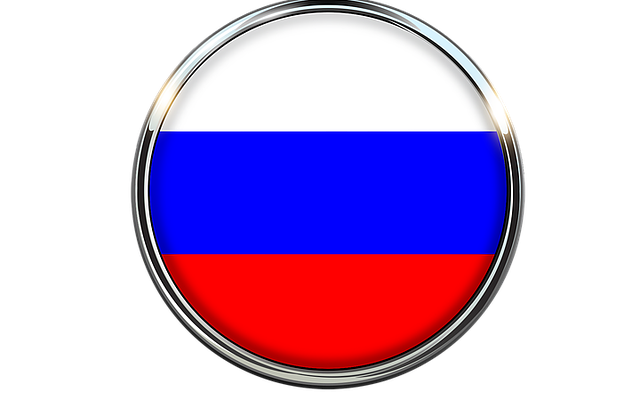Did you know that there are almost 300 million Russian speakers in the world? Indeed, Russian is the fourth most spoken language worldwide and, what’s more, it’s full of curiosities that few people know. In this article, we’re going to tell you about these peculiarities, as well as about some of the most common Russian expressions. Are you learning Russian, or perhaps you want to start? This will interest you.
Linguistic features of the Russian language
It’s worth noting that Russian grammar can be quite complex. If indeed it is straightforward to quickly acquire a basic knowledge of the language, mastering it fully is more challenging. In fact, this doesn’t just apply to foreigners; even native Russian speakers find it difficult to understand literary language. Now let’s have a look at some of the most important features of this fascinating language.
Where does Russian come from?
It’s a Slavic language belonging to the Indo-European language family. It is characterized by several very specific aspects.
- As is the case in Latin or Greek, this language has declensions. They are used for nouns, adjectives, pronouns, and ordinal numbers.
- The language uses the Cyrillic alphabet and letters can be written in upper case, lower case, or cursive.
- The order in which words are placed in a sentence can vary.
- Russian doesn’t use articles. When it comes to expressing whether a noun is definite or indefinite, it’s important to focus on the word order, the use of the plural form, etc.
- Russian is a phonetic language, meaning that words are pronounced exactly how they are written.
- It has 5 vowel sounds and 37 consonant sounds.
The most commonly used expressions in everyday life
So that you can start practicing a little, we want to show you a few of the most common everyday expressions. If you’re planning a trip, these will no doubt be very helpful for you to get by and express yourself.
- Expression of surprise: “Серьёзно?” This expression can be translated to our language as: “Seriously?” It is used in unexpected situations or when the speaker is surprised.
- Agreement: Хорошо. This term can be translated as “Ok” or “Alright”. It is a very useful word if you’re not fully comfortable in the language, so that you can answer a question or confirm something.
- “Not a problem”: Базара нет / Без базара. This is also a very common expression, and literally translates to: “Without disorder”. It means that something isn’t a problem, or that you accept a situation.
- And how do you ask for the bill?: счет пожалуйста. Without a doubt, this expression will be extremely helpful if you have to interact with Russians, since it’s how to ask for the bill at a restaurant or any other establishment.
- Catching someone’s attention: “молодой человек!” / “молодой девушка!”. You can use it when you need to address or call out to someone, when you’re in the street, or in an establishment. It literally means: “young man/young woman”. It is important to keep this detail in mind, since it only works if you’re addressing young adults.
- Have you lost your mind? Ты с ума сошёл? Perhaps this is one of the most peculiar ones. It’s used to refer to irrational behavior.
- To express disappointment: Это ужасно! A phrase used to express disappointment in something or someone. You can also use it when you need to express how uncomfortable or unpleasant a situation is. It literally translates to: “It’s horrible”.
- And when you think something is unbelievable or ridiculous, the perfect expression is “Ей-Богу!”.
- To ask for permission: можно. This is a very common term in Russian, and it is used to ask for permission to do something, such as when you want someone to move out of the way or when you want to take something. In English it translates to “May I?” or “Excuse me”. It is, therefore, a polite expression.
- Expression of happiness: Круто! This is a Russian word that suggests enthusiasm about something. It can be used when you find out something that makes you happy, or when you’re told some good news. It translates to our language as “Great!”.
A fascinating language
As you can see, the features and curiosities of the Russian language can make it seem quite difficult to assimilate. That’s not quite true, but if you’ve decided to take the leap and learn it, it’s clear that you’ll have to spend quite a lot of time studying it, although this essentially applies to all learning.
There is no doubt that learning the Russian language brings with it some challenges. The Cyrillic alphabet, although it may seem so, won’t be your greatest obstacle, since with a bit of dedication you’ll be able to learn its characters in no time. The grammatical rules, declensions, or certain verb tenses may be more complicated, but it’s nothing a bit of perseverance and motivation can’t solve.
We hope we’ve helped you with these Russian expressions that will be of great use when starting to practice and, especially, if you’re planning to spend some time in Russia. And if you need help with any Russian translations, don’t hesitate to get in touch with us, since here at Blarlo we have the best native professionals who can help you with the task. We look forward to hearing from you!






